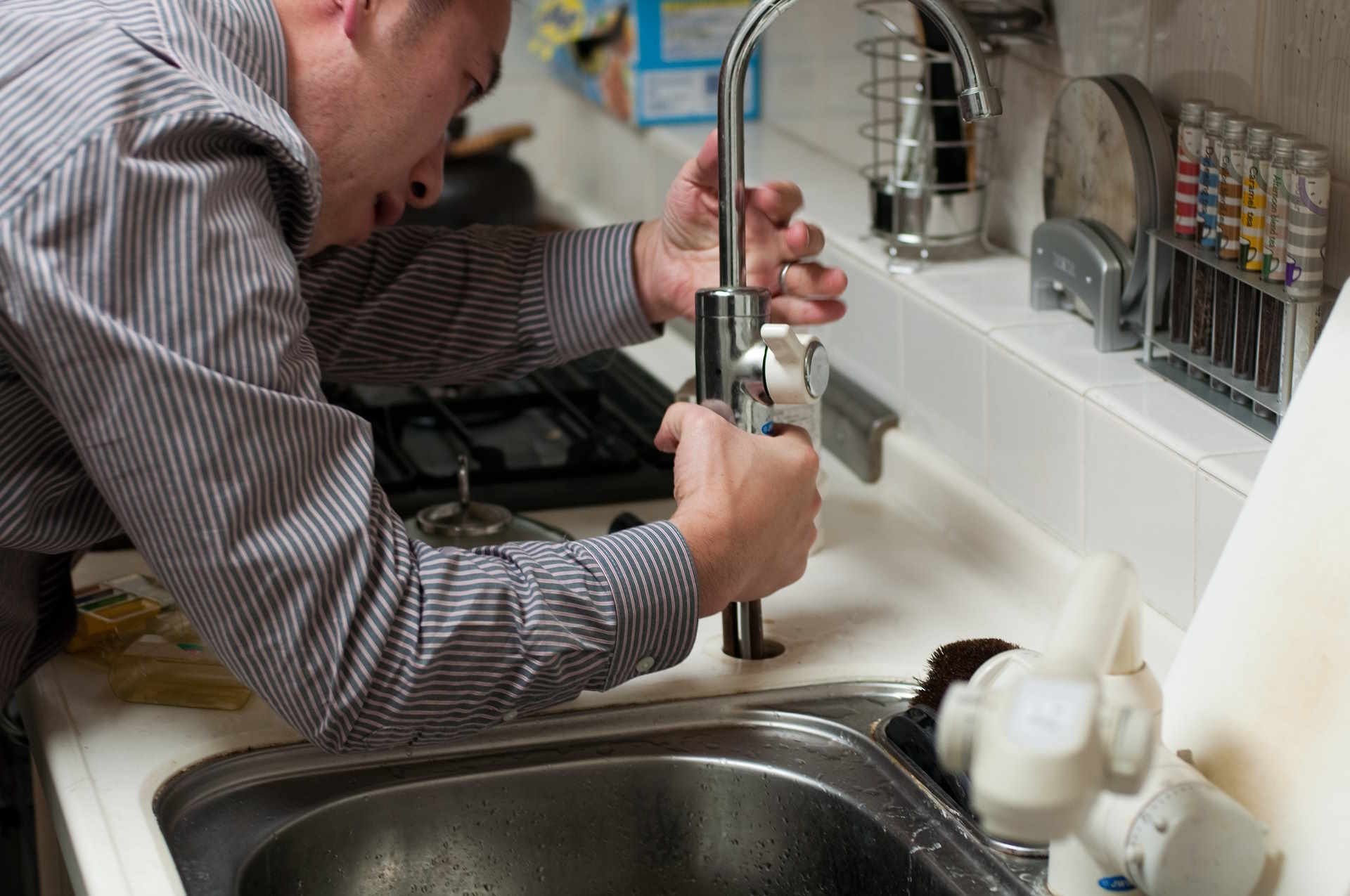Boiler Repair: Practical Guidance for Homeowners
A malfunctioning boiler can be disruptive and costly if left unchecked. This article explains common causes, clear signs you need repair, how fixing issues can boost energy performance, safe DIY limits for home owners, and how to choose reliable local services for your house. The goal is practical, easy-to-follow advice so you can make informed decisions about repairs and upkeep.
What causes boiler problems?
Boilers can fail for many reasons, from simple wear and tear to component failures. Scale and sludge build-up reduce heat transfer, causing the boiler to work harder. Corroded pipes, failing thermostats, leaking valves, and air trapped in the system are frequent culprits. In older units, pump or ignition failures are common. Recognizing underlying causes helps technicians target repairs more efficiently and can prevent recurring problems when the root cause—such as poor water quality or neglected maintenance—is addressed.
When should you repair heating systems?
Repair sooner rather than later when you notice warning signs: unusual noises, frequent cycling, reduced hot water, uneven heating, or visible leaks. Ignoring these signs can lead to higher energy bills and more extensive damage. Seasonal checks before winter and prompt attention to fault codes or pilot failures are wise. For gas-fired boilers, any smell of gas or symptoms like dizziness or severe headaches warrant immediate evacuation and a professional inspection due to carbon monoxide risks.
How can repairs improve energy efficiency?
A well-repaired and maintained boiler runs more efficiently, using less fuel to heat your home. Fixing leaks, bleeding radiators, replacing faulty thermostats, and repairing or upgrading pumps can restore proper flow and control, reducing wasted energy. Regular servicing can also detect scaling or combustion problems that lower efficiency. Improved efficiency not only cuts energy bills but also reduces the environmental footprint of home heating. Consider pairing repairs with simple system improvements—like thermostat zoning or a smart controller—to maximize long-term energy gains.
Can you fix a boiler yourself at home?
Some small tasks are appropriate for a capable homeowner: checking the pressure gauge, bleeding radiators, resetting a tripped breaker, or visually inspecting for leaks. However, most repairs should be left to certified technicians, especially those involving gas lines, combustion components, or internal electrical systems. Incorrect DIY repairs can be dangerous and void warranties. Always isolate power, shut off fuel supplies before attempting basic checks, and call a professional if you’re unsure. Safety devices like carbon monoxide detectors are essential while troubleshooting.
How to find reliable boiler repair for your house
Look for licensed, insured technicians with clear experience on your boiler brand and type. Local services that provide written estimates, clear warranties, and references are preferable. Check reviews, ask neighbors or community forums for recommendations, and verify that the service offers emergency response if your heating fails in cold weather. Ask about diagnostic fees, parts guarantees, and whether the technician is certified for gas or oil systems. A reputable service will explain options, including repair versus replacement, and provide transparent next steps tailored to your house’s heating needs.
Conclusion
Boiler repair is a blend of timely detection, competent diagnosis, and appropriate action. Addressing small issues early preserves system lifespan, improves heating comfort, and saves energy. While some basic checks can be performed at home, most repairs require licensed professionals to ensure safety and compliance. Choosing the right local services and committing to regular maintenance are the best ways to keep your boiler running reliably and efficiently for years.







